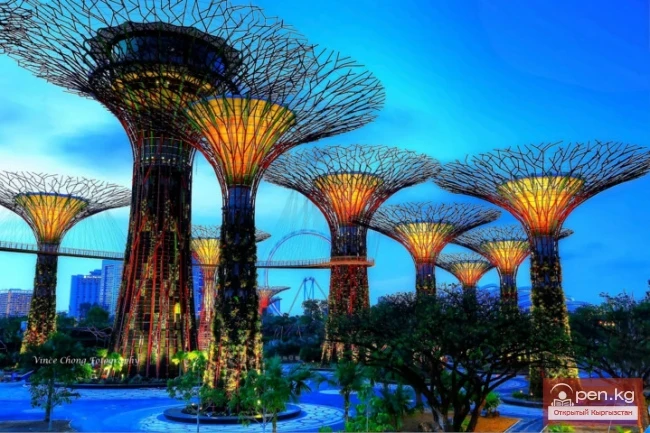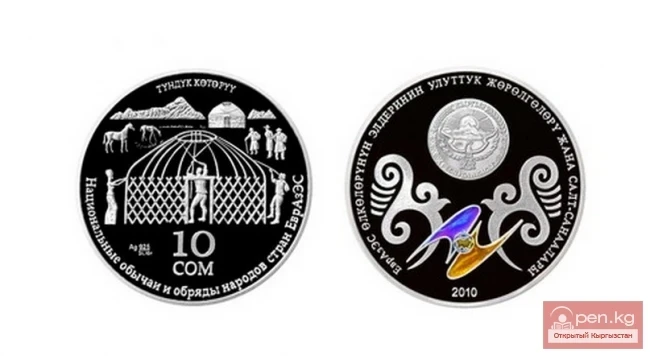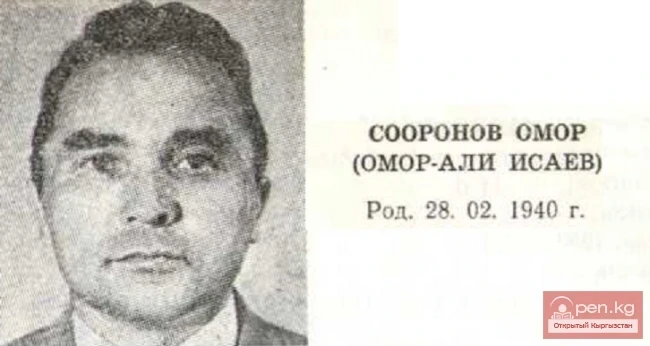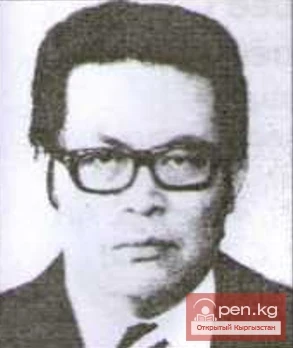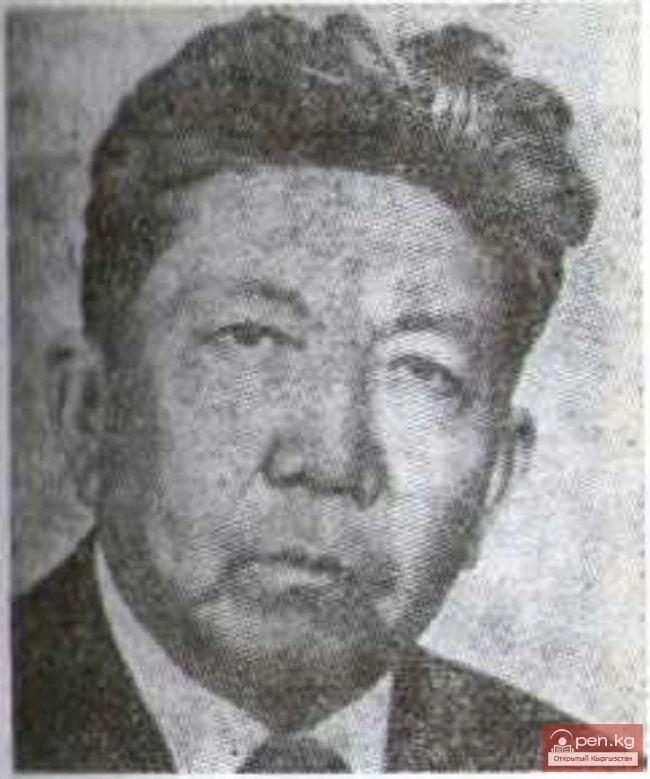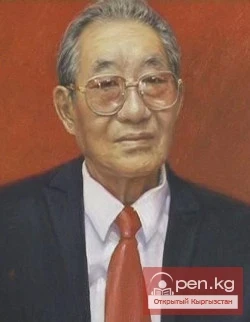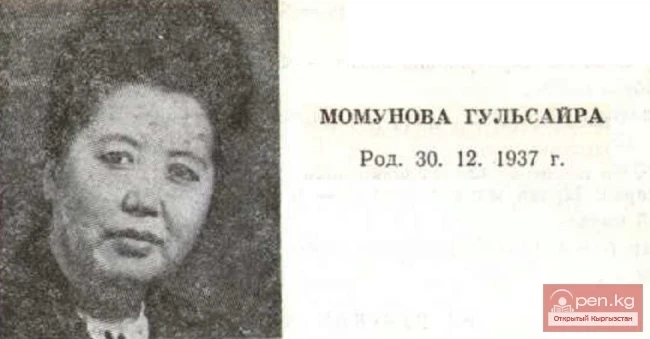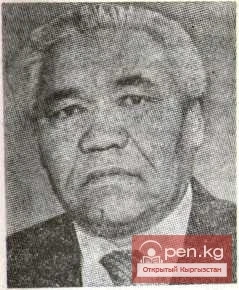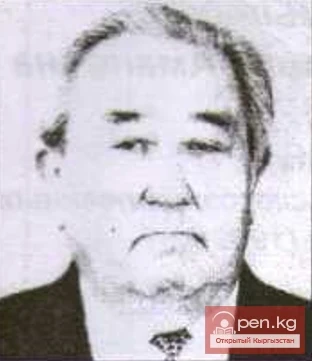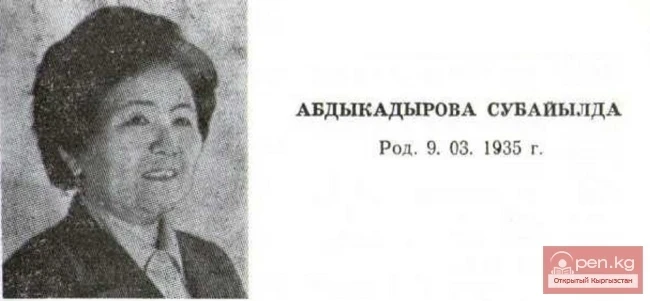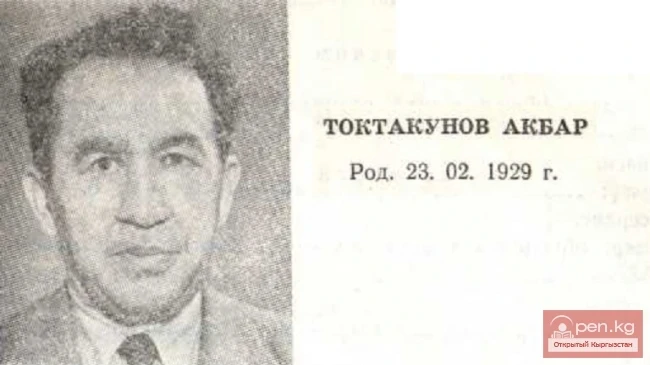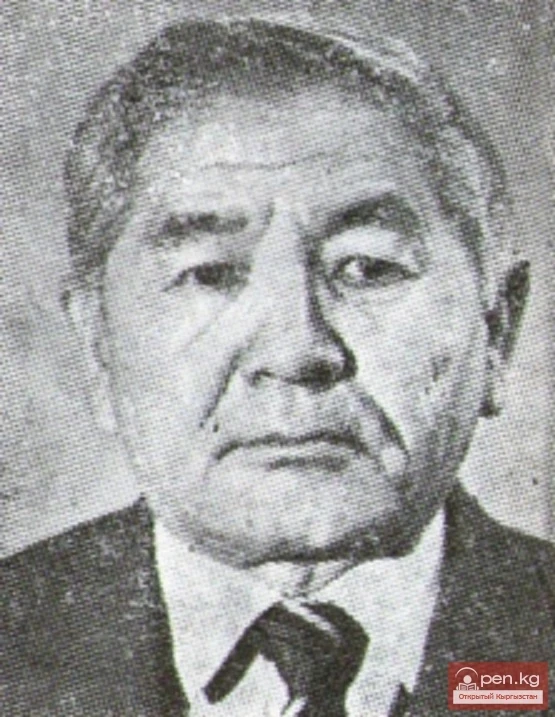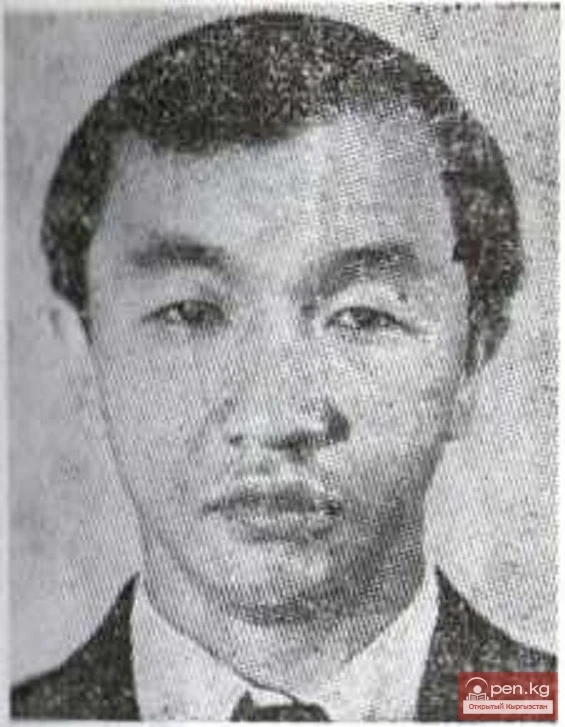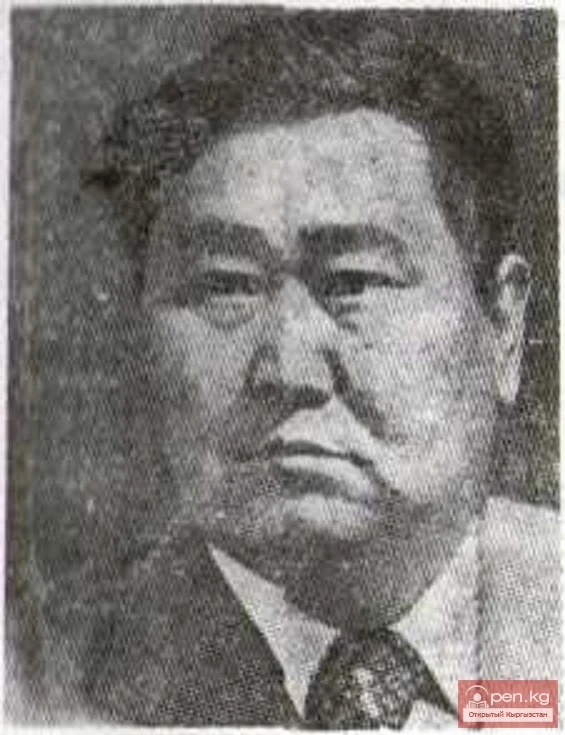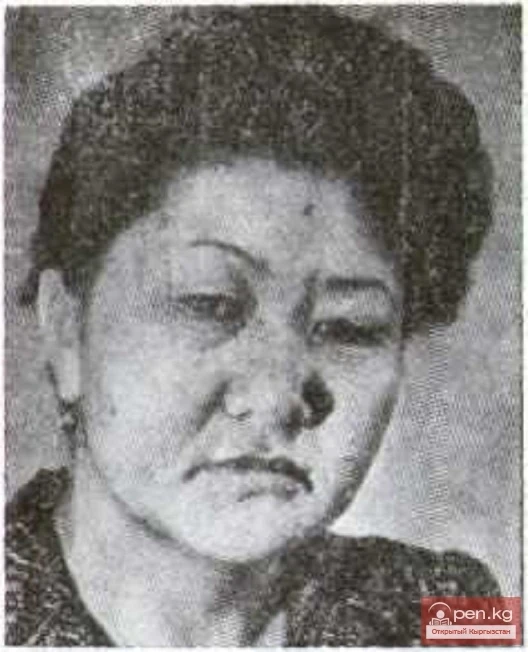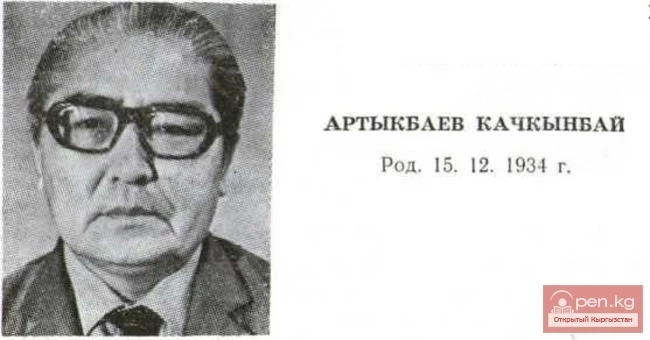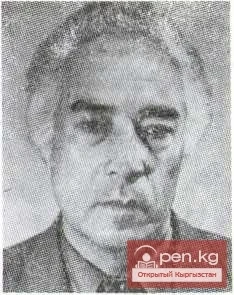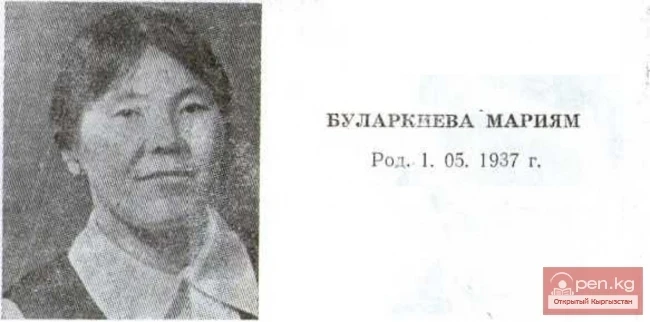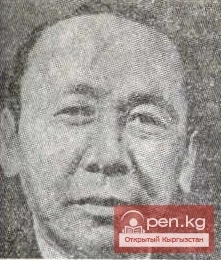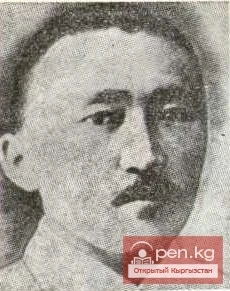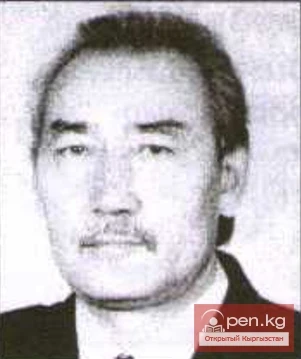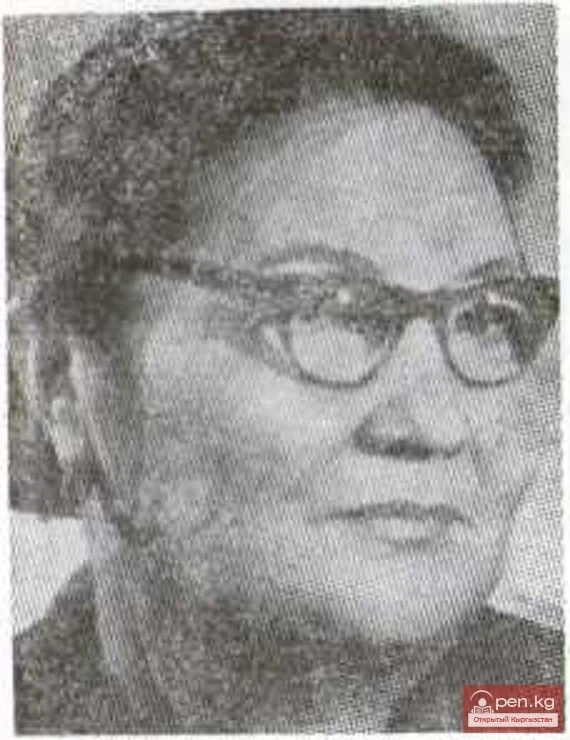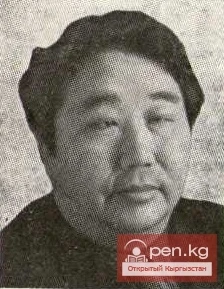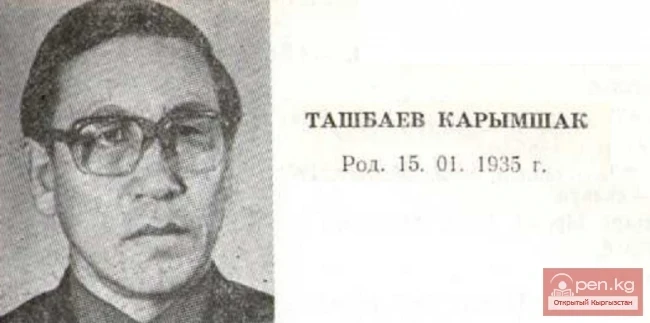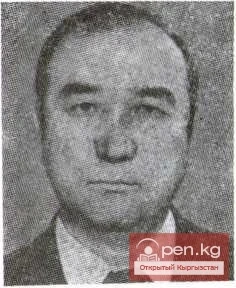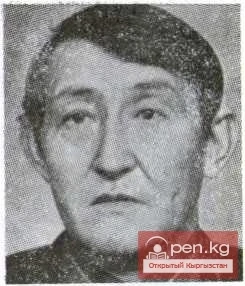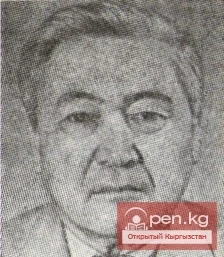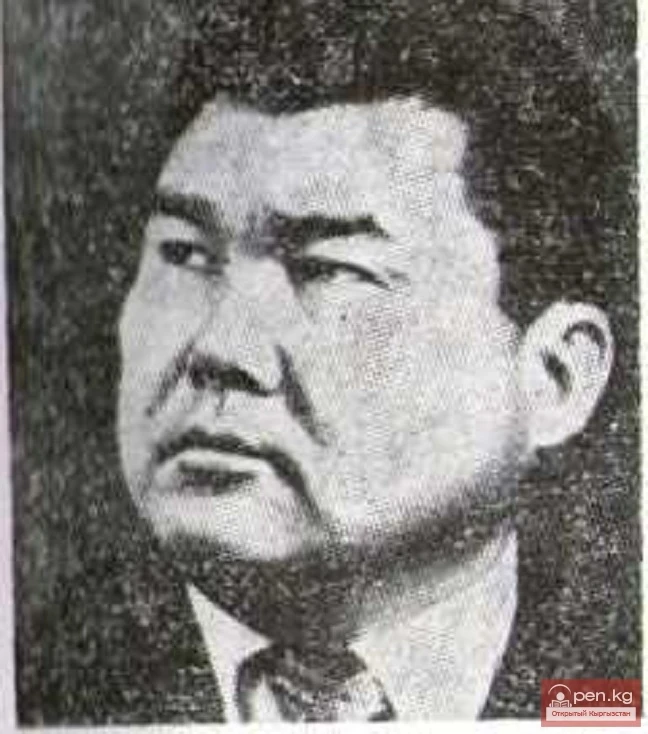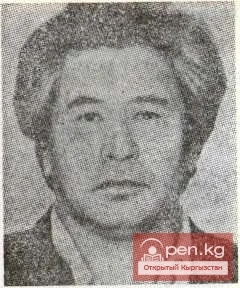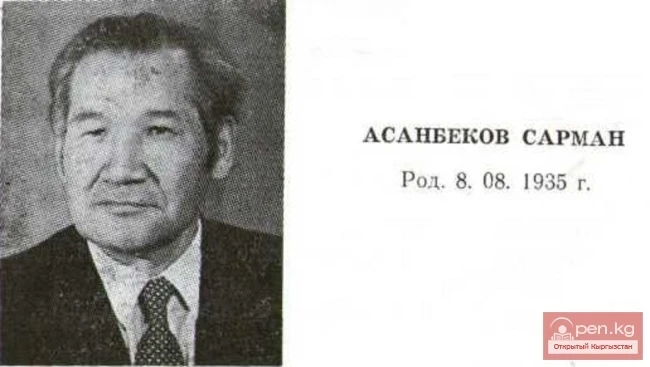MALAYSIA
A country in Southeast Asia, geographically consists of 2 parts: the peninsula (located in the south of the Malacca Peninsula) and the island (northern part of Borneo). The climate is equatorial, hot, and humid. The total area is 336.7 thousand km². The capital is Kuala Lumpur (approximately 1.6 million). The administrative center, where government institutions were relocated in 2003, is Putrajaya. The administrative-territorial division consists of 13 states and 3 federal territories (Kuala Lumpur, Putrajaya, Labuan Island). The population is 25.7 million; of which 54% are Malays and related ethnic groups, 34% are Chinese, and 10% are from South Asia. The official language is Malay. English, Chinese, and Tamil are also widely used. The state religion is Islam (Sunni direction). Other religions include Buddhism, Confucianism, Hinduism, and Christianity. The currency is the ringgit (Malaysian dollar) = 100 sen.
It has diplomatic relations with the Russian Federation (established with the USSR on April 3, 1967).
The national holiday is August 31 - National Day. On this day in 1957, independence from Great Britain was proclaimed.
Malaysia is a constitutional monarchy (federation). It is part of the Commonwealth, headed by Great Britain. The constitution of 1963 is in effect. 9 out of 13 states are headed by hereditary rulers (7 sultans, 1 governor, 1 raja), who enjoy special privileges (4 states are headed by governors appointed by the Supreme Head of Malaysia). Hereditary rulers and governors form the Council of Rulers. The hereditary rulers elect the Supreme Ruler (head) from among themselves by secret ballot for a term of 5 years, who primarily performs representative functions as the head of state. Since December 2001, the Raja of Perlis, Syed Sirajuddin Putra Jamalullail, has held this position. Governors are part of the council without the right to vote.
The legislative body is a bicameral parliament. The upper house is the Senate. It consists of 40 senators appointed by the Supreme Head for a term of 3 years (which can be extended to 6 years) and 32 senators elected 2 from each state and territory. The lower house is the House of Representatives, consisting of 219 deputies, formed for a term of 5 years through general direct elections. The executive power is exercised by the cabinet of ministers headed by the Prime Minister (since November 2003, A. Badawi).
The peculiarity of the domestic political situation in Malaysia is the concentration of key positions in the state-administrative apparatus in the hands of the Malay community while maintaining dominant positions in the economy among ethnic Chinese.
There are 43 registered political parties in the country. The ruling coalition, the National Front (NF), occupies dominant positions and consists of 14 parties (UMNO, KAM, IKM, etc.). It was established in 1973. The leading role in the coalition is invariably held by the largest (2.5 million members), effectively ruling party - the United Malays National Organization, representing the interests of the Malay bourgeoisie. The party president is the Prime Minister of the country. Other major parties in the NF include the Malaysian Chinese Association (KAM) - a party of large Chinese capital, and the Malaysian Indian Congress (IKM), representing the interests of the Indian community in the country. The most influential opposition parties are the Pan-Malaysian Islamic Party (PAS), advocating for the establishment of a theocratic state, the People's Justice Party (formed in August 2003), and the Democratic Action Party, mainly composed of representatives of the small and medium Chinese bourgeoisie.
The trade union movement is represented by two associations - the Malaysian Trade Union Congress and the Malaysian Trade Union Congress of Public Servants.
The first states emerged in the early AD on the northern part of the Malacca Peninsula. In the 15th century, the territory of the peninsula was united under the Malacca Sultanate. From the 16th century, it became a colony of Portugal, from 1641 - the Netherlands, and from the late 18th to early 20th century - Great Britain. From 1941 to 1945, it was occupied by Japan. During the reforms carried out by the British authorities in 1946 and 1948, Singapore was separated from Malaya (from 1948 - the Malayan Federation), and the northern Borneo protectorates (since 1888) Sabah and Sarawak were turned into colonies. On August 31, 1957, the independence of the Malayan Federation was proclaimed. In 1957, it joined the UN and the Colombo Plan. In 1963, the Federation of Malaysia was formed, which also included Singapore, Sarawak, and Sabah (before joining the federation - North Borneo). In 1965, Singapore left the federation (Sabah and Sarawak have the status of states within the federation). Since 1967, Malaysia has been a member of ASEAN.
Malaysia is an intensively developing industrial-agrarian country. In 2004, GDP growth was 7%. The most dynamic components of the economy are the manufacturing industry (electronics, oil refining, transport engineering), construction, and the service sector. The share of industry in GDP is over 40%. At the same time, the share of manufacturing industries is 34.5%, and extractive industries - 7.1%.
The basis of Malaysia's industrialization process lies in the shift towards import-substituting industries, orientation towards the export of products, and the use of advanced technologies. The country is among the six largest exporters of industrial products in Asia. The state oil corporation "Petronas" is among the 500 largest companies in the world.
Foreign investments are a catalyst for economic growth. In 2004, more than $2.4 billion in direct foreign investments flowed into the country (in 2003 - $4.1 billion). The largest investors are Japan, the USA, and Taiwan. Foreign investors show increased interest in new modern industries: electronics and radio engineering, oil refining, chemical, and automotive.
In recent years, the extractive industry (tin production is declining) and agricultural plantation farming have lagged behind the average growth rates, affected by the complex global situation regarding rubber. Nevertheless, Malaysia accounts for over 50% of the world's palm oil production. The country remains one of the largest producers of tin and ranks third in the world for natural rubber production (20% of global production). The sustained demand for Malaysian raw materials and the increased competitiveness of industrial goods contributed to an increase in Malaysia's foreign trade turnover in 2004 to $231.7 billion, with total Malaysian exports amounting to $126.5 billion and imports to $105.2 billion. Exports of finished products and semi-finished goods include electronic and electrical products, means of transport, including cars produced by "Proton," rubber products, footwear, textiles, and clothing. Malaysia is among the main global producers of integrated circuits, air conditioners, and radio and television equipment.
The electronics industry accounts for over 50% of exports. The main import items are machinery, industrial equipment, transport vehicles, machine tools, optics, and scientific equipment.
The main trading partners are Japan, the USA, Singapore, EU countries, South Korea, and China.
In 1997, due to the currency and financial crisis, the current account deficit sharply increased, and gold and foreign exchange reserves decreased to $19 billion (in 1996 - $258 billion). Stimulating domestic business activity, increasing the role of the private sector, reducing budget expenditures, and a number of other measures allowed Malaysia to overcome the consequences of the Asian crisis of 1997 without the help of the IMF. By the end of 2004, gold and foreign exchange reserves amounted to $63.6 billion. The external debt is $53 billion.
GDP per capita is $4,200.
The number of employed in the Malaysian economy is 8 million people. The unemployment rate is over 3%.
The largest newspapers: daily - "Berita Harian" (250 thousand copies), "Nanyang Siang Pau" (145 thousand), "New Straits Times" (approximately 170 thousand), "Sin Chew Jit Poh" (over 200 thousand), "Star" (160 thousand), "Utusan Malaysia" (240 thousand), "Zhongguo Bao" (110 thousand), Sunday - "Berita Minggu" (360 thousand), "Mingguan Malaysia" (400 thousand), "New Sunday Times" (225 thousand), "Sunday Mail" (100 thousand), "Sunday Star" (180 thousand). The news agency is Berita Nasional Malaysia (BERNAMA). There are state corporations for radio and television.
